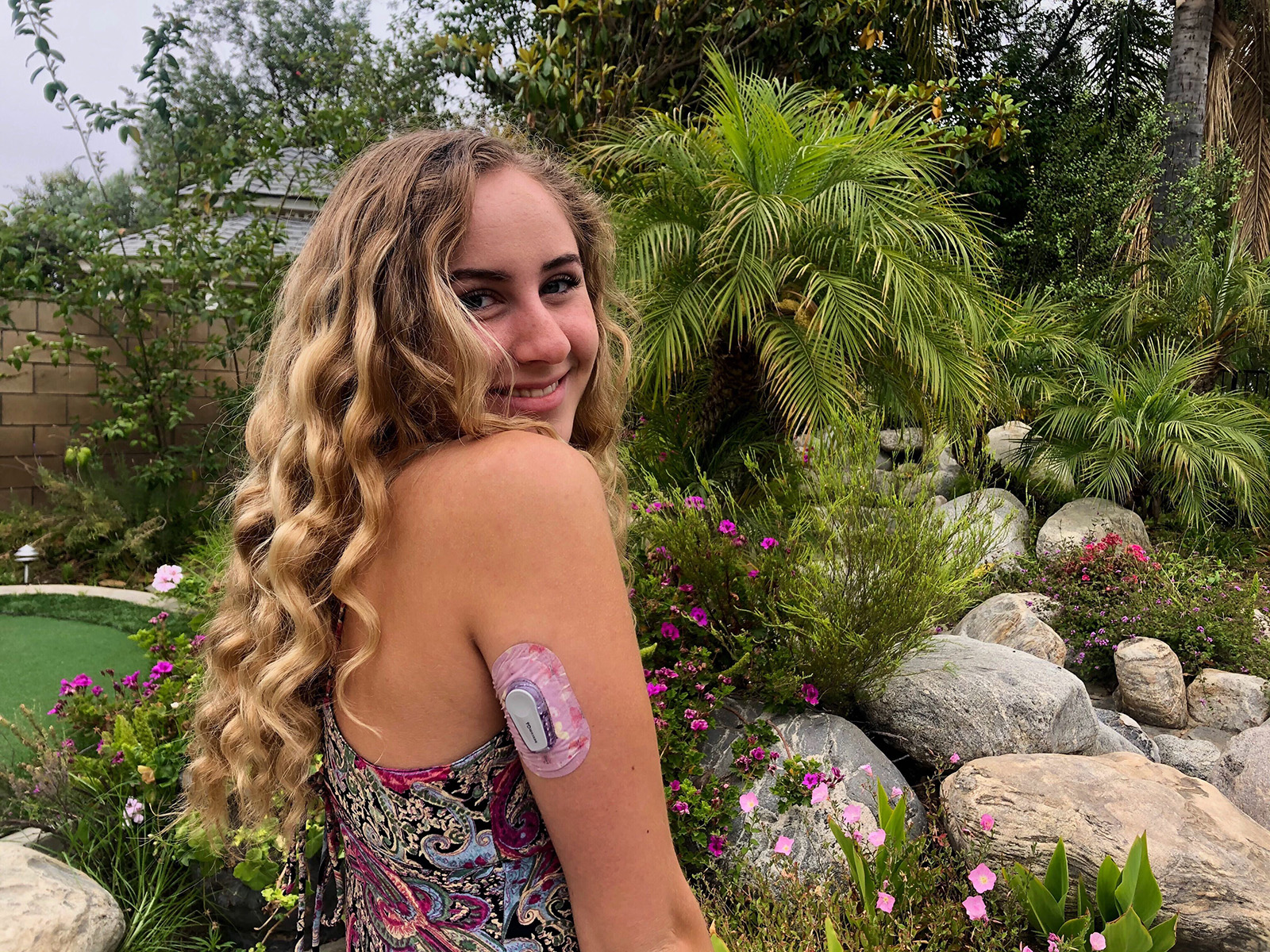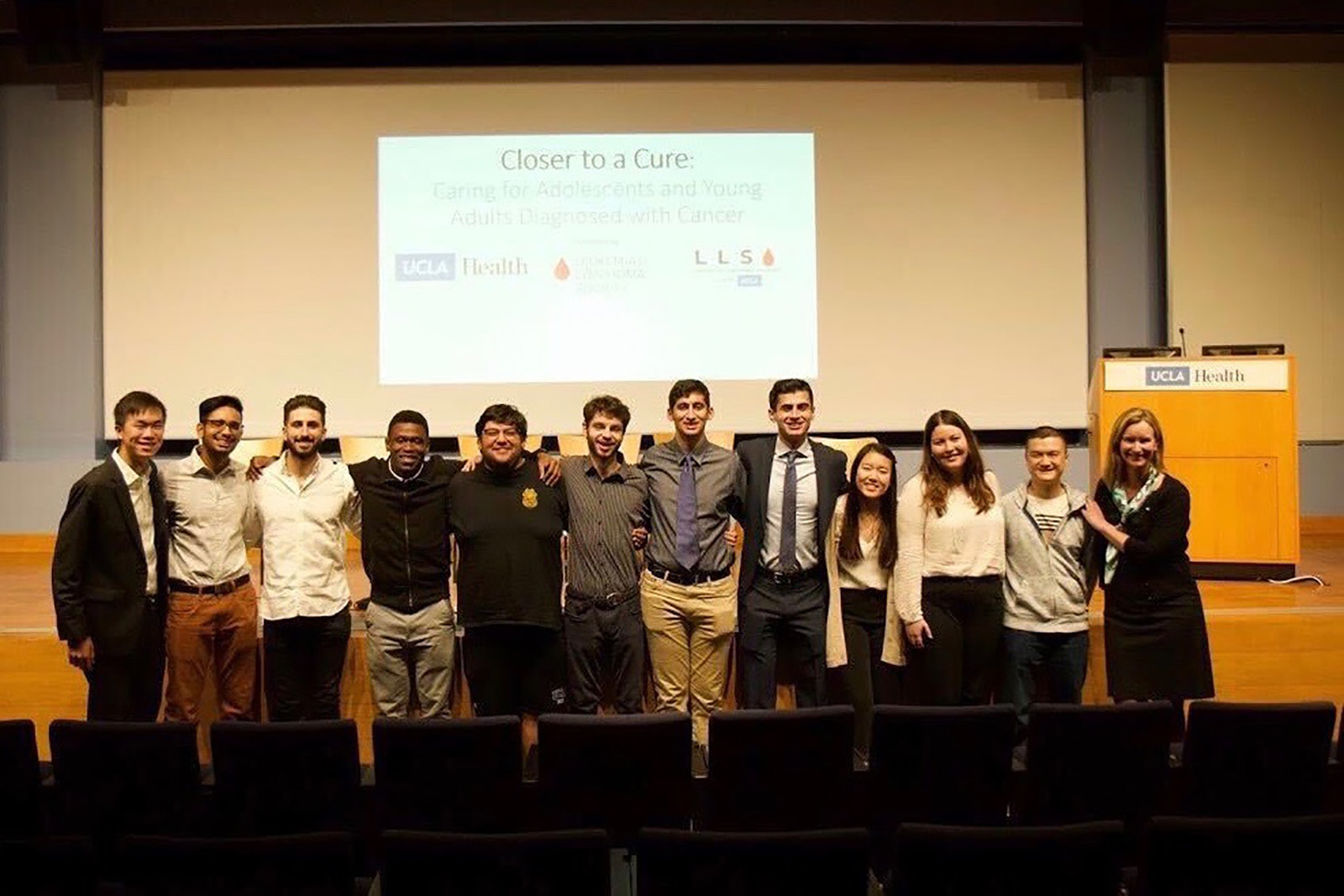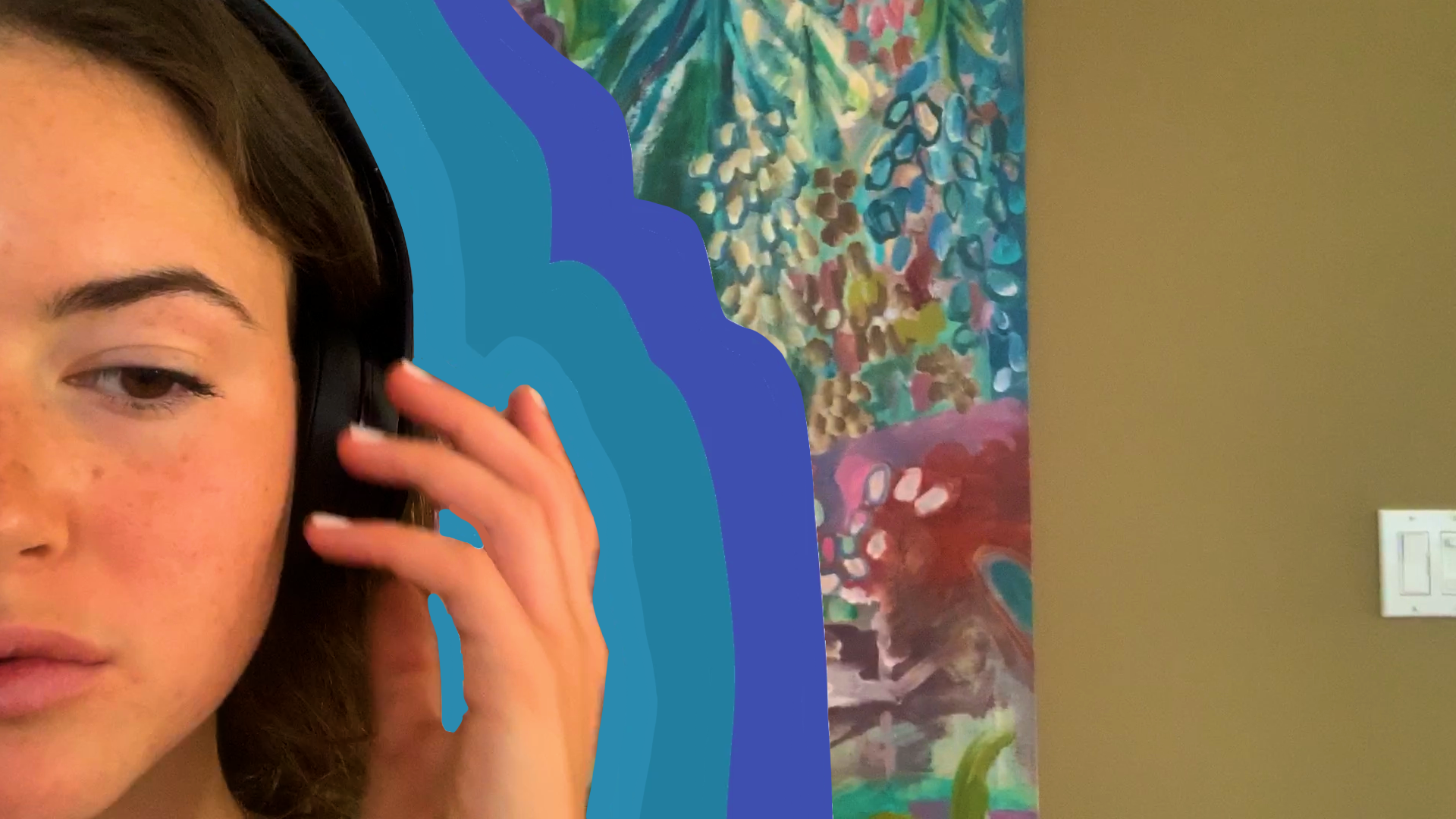For Opinion columnist Karina Seth, the loss of social interaction in addition to the adjustment to online learning has been a tough journey to navigate. (Courtesy of Karina Seth)
By Karina Seth
May 7, 2020 at 3:56 p.m.
The coronavirus pandemic has drastically upended life in the most unforeseeable of ways. At UCLA, our community is remarkably united by similar feelings of loss, confusion and concern, but also by light, hope and perspective that the pandemic has brought to the forefront. In “Columns From Quarantine,” Daily Bruin staffers and community submissions highlight the personal stories that mark this unprecedented moment. If you have a quarantine story to tell, you can submit it here or email [email protected]

When I left campus on March 12, I said goodbye to my friends with a hug and a smile, not too worried about the distance that would soon be between us.
I thought a few weeks would be nothing, and even if it lasted longer, I would always have FaceTime.
Flash forward nearly seven weeks and I realize just how wrong I was. My primary social interaction has switched from nightly dinners at Bruin Plate to weekly Zoom calls with my friends. I go from hours of watching lectures on my laptop to hours of talking to a screen. I try to rekindle the feeling of being in a cramped classic triple through a series of online meetings – and it’s mentally exhausting.
Virtual interactions are taxing. It’s not easy for the most social parts of your day to be spent in bed or at your desk. Video calls require heightened focus and cause hyperawareness of yourself, according to learning and development in the workplace expert Gianpiero Petriglieri in a BBC interview. Picking up on body cues online is much harder than in-person body language, and we aren’t really aware of how important these subtle, nonverbal cues are to our communication, according to a study published in the International Journal of Human-Computer Studies.
Silence is louder on camera – and we are more aware and more uncomfortable when there are even a few seconds of it.
I’ve sat in breakout rooms where no one has said a word for the full 10 minutes, as I grapple with complex material alone. Compared to the collaboration I would experience in a traditional discussion section, it’s not easy to accept this new reality.
Even on social calls, when the conversation has exhausted the same topics of boredom, schoolwork and California Gov. Gavin Newsom’s updates, it seems as though every moment that passes in the silence exaggerates the distance between me and my friends. There’s a certain comfort in quietness when I am physically with my friends – a comfort that cannot be achieved over the cold stillness of FaceTime.
Quarantine has taught me not to underestimate the importance of being present and appreciative of physical interaction. How can you gauge someone’s emotion without picking up on their eyes darting around a room, without noticing the way they have been fidgeting during a conversation? It’s only while I’ve been home, doing my best to connect with friends in a virtual setting, that I am able to appreciate the power of a hug after a long day or a soft punch on the arm after a stupid joke.
As college students, we are naturally exposed to social interaction at nearly all hours of the day. The complete transition that quarantine has brought is unnatural for those of us accustomed to sharing every moment with others. So much of the beauty of socializing is lost when we can’t share a look with our best friend during a lecture, or when being together without a constant flow of conversation becomes abnormal.
Add to this the additional stress that comes from being trapped at home and the feeling of obligation that comes with online meetings, and it’s clear why we’ve been feeling completely disconnected.
Feeling like you’re in the spotlight all the time in your own space is tiring and claustrophobic.
Picking up every call and tuning into every conversation from the same desk takes away the freedom and pleasure of friendship.
So, don’t feel pressured to answer every FaceTime or hop on every social Zoom call. Take a moment to think about if you feel mentally ready to be engaged and active during this particular call and if you feel that it will benefit your mental state. Your mind needs a chance to rest and catch up with the quickly changing world around it.
At the end of the day, no technology can replace physical interaction, as much as we may try. The strain of virtual socialization grows as the weeks of quarantine continue.
A Zoom call might be all we have right now, but it’s not a call you always have to take.
Karina Seth is a first-year neuroscience student from Irvine and is an Opinion columnist for the Daily Bruin.









